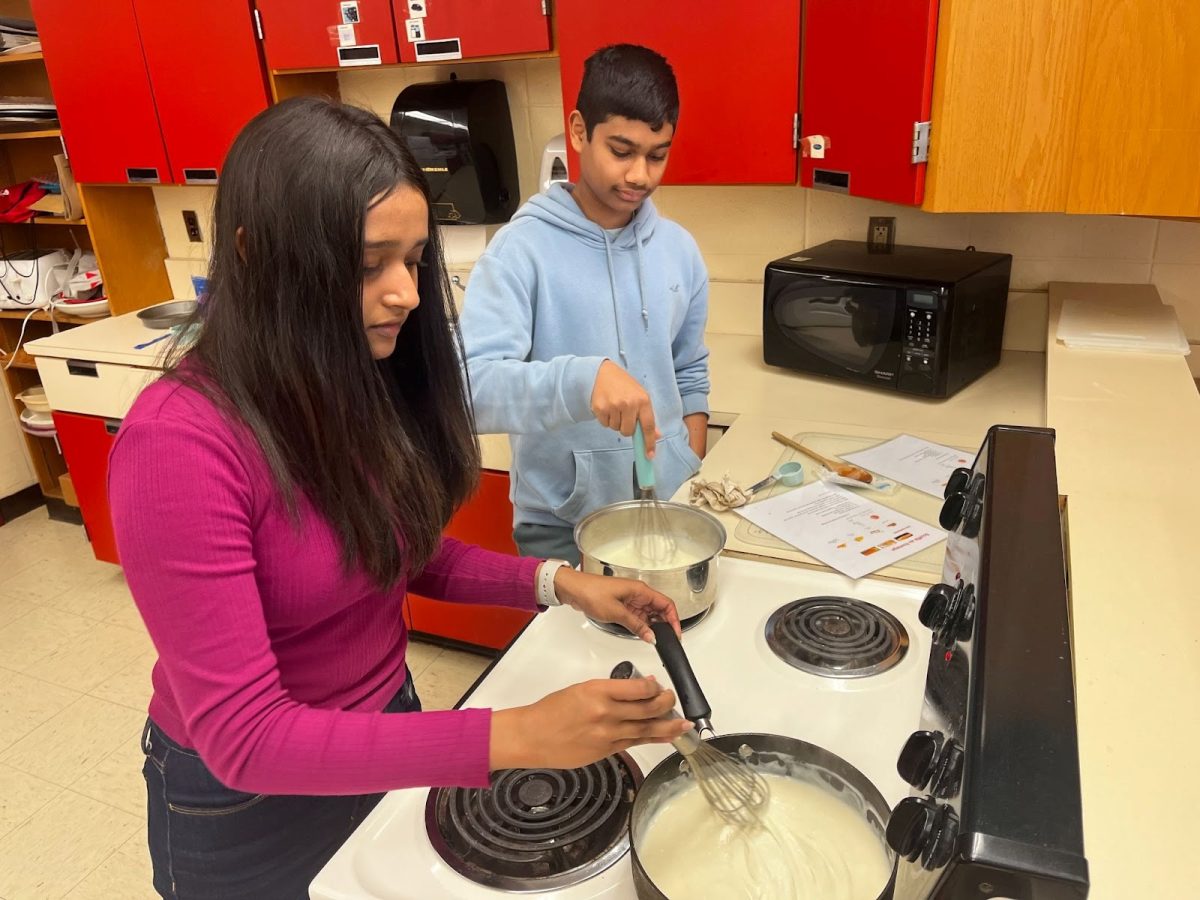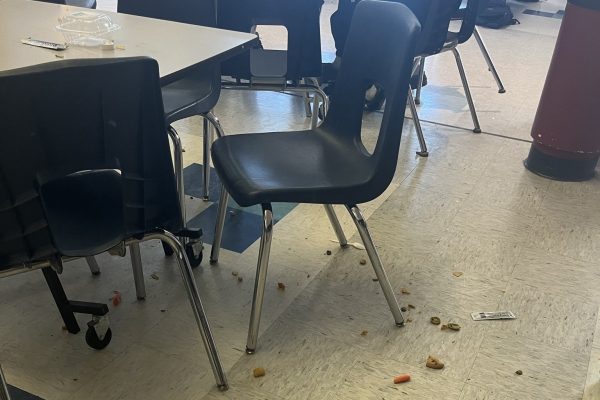Why APs Aren’t That Bad

May 23, 2017
The start of this month marked the beginning of AP testing, a two week period that marks the end result of nearly 8 months worth of instruction. A few months later, in July, students will find out how they did on these final exams, on a scale from 1-5.
Many students are intimidated by these classes to the point of never taking one because of daunting verbiage espoused by their friends or even teachers. This article is intended to disprove some common rumors via quotes from AP students themselves.
The most common misleading view about AP courses is that the rigor ruins any possibility of a life outside of academics. The fact is, it is AP students who are the most involved with things outside of pure academics such as extracurricular clubs, volunteer work, and sports. Ask any one AP student and chances are they do not limit themselves to purely academic success, but success in other forms, such as holding a job and being responsible, being dedicated to a sports team, or in a committed relationship. It is perfectly possible to get the best of all worlds in high school, with no need for sacrifice, as long as hard work is put in.
The next most common error in regards to perceptions of AP classes is the difficulty. Are they harder than the equivalent college-preparatory or honors class? On paper, of course, for that is why they are named Advanced Placement. Nonetheless, it is doable, again just ask almost any AP student. AP teachers are for the most part very experienced and dedicated to helping their students succeed. AP teachers are very popular for a reason. The type of experience and work given in an AP class differs greatly from other class, in many student’s opinions.
“The superior learning experience in the classroom should alleviate any fears of failure,” says Seth Marks, Junior. Naturally, teachers will always want to see their students succeed. This is not any less true for AP classes. As long as one does the work assigned, their grade will be fine.
“After talking with friends in Honor-level equivalents of my AP courses,” says Thomas Strelecky, Junior, “I have found that they often receive way more busy work and as a result feel way more stressed than I do.” Here, busy work is operationally defined as meaningless work that the teacher assigns for the sake of assigning something, often perceived by the students as unnecessarily padding out the unit. Simply put, AP teachers have meaning behind the assignments they give and are not there to waste students’ time.
Lastly, the fear of tanking one’s GPA is very real from the factors mentioned above (increased difficulty of material, rigor, time, etc.). It is almost unanimously understood that it is harder to maintain the same grade between AP and other equivalents of the class. Simply, it is harder to have an A in AP US History than it is to have an A in CP US History. For the purposes of one’s final grades, college applications, work, and nearly anything else, one’s weighted GPA is taken into account. This may mean that you parents will see some not as stellar grades in PowerSchool as they would if you had been taking other classes, but the weight makes up for it, perhaps even pushes it up higher as a result. On top of this, most colleges put their own weight for AP classes on top of the school’s weighted GPA, further boosting your GPA. Colleges also look at the rigor of the courses when taking into account the grades, so there is far less to worry about than one might think.
All of this is without the very apparent incentives such as the more knowledgeable one will be in a certain subject area even after the class is over and the less burdensome finals week. After the AP test, the classes are very relaxing and usually include a project sometime between the end of the test and the end of school that proves a useful life skill down the road, such as how to write a research paper. Students, do not think AP classes are too much to handle. Students handle them along with other demanding activities all the time, the superior instruction should make any minute GPA qualms negligible for students are worth the knowledge they possess, not the number attached to their name. Take the leap of faith, for AP teachers and students alike have their arms open.















